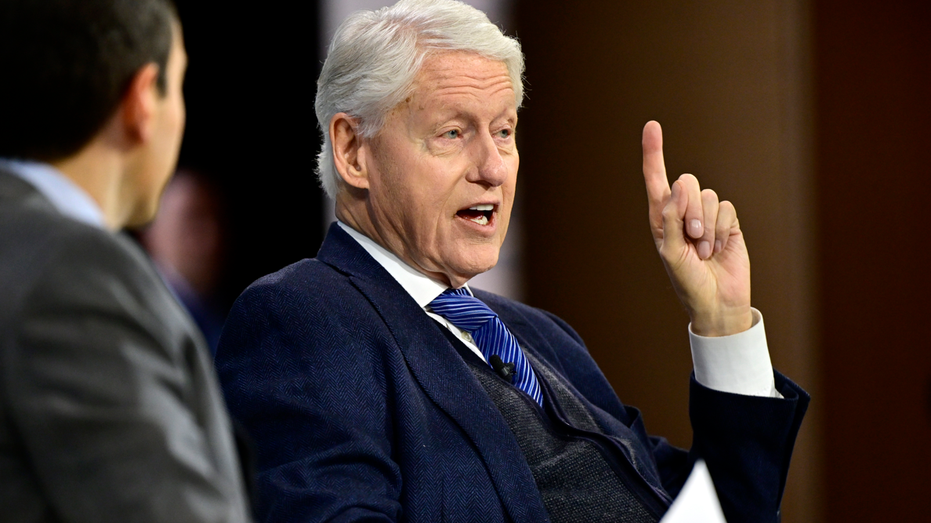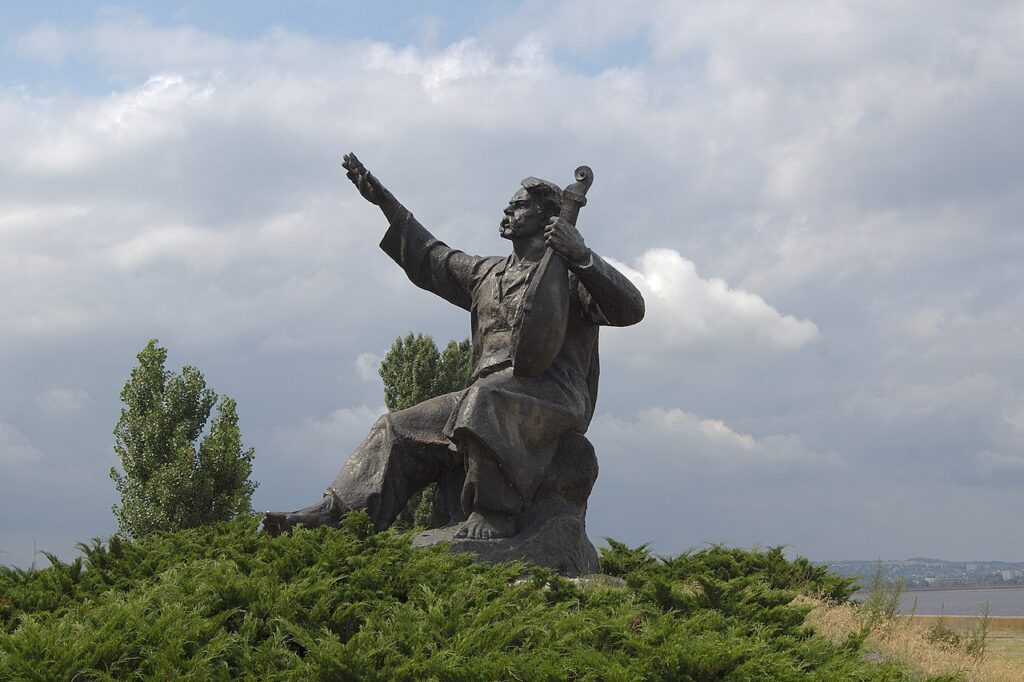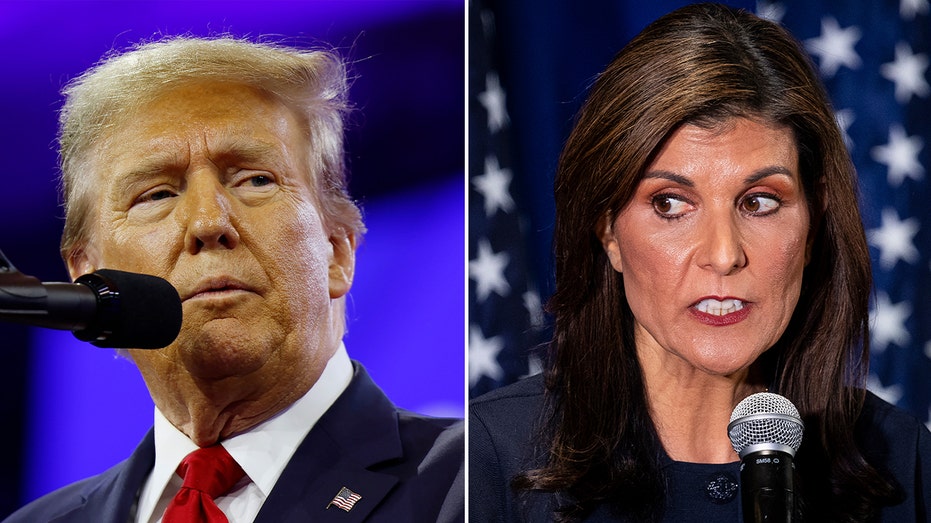Bill Clinton discharged from hospital after being treated for flu
A spokesperson for Former President Bill Clinton says the 78-year-old was discharged from MedStar Georgetown University Hospital after being treated for the flu.

Former President Bill Clinton was discharged from a hospital on Tuesday after being treated for the flu, a spokesperson for Clinton said.
"President Clinton was discharged earlier today after being treated for the flu," Angel Urena wrote in a post on X. "He and his family are deeply grateful for the exceptional care provided by the team at MedStar Georgetown University Hospital and are touched by the kind messages and well wishes he received. He sends his warmest wishes for a happy and healthy holiday season to all."
Clinton was admitted to MedStar Georgetown University Hospital on Monday afternoon "for testing and observation" after he developed a fever, Urena wrote in a previous post.
No further details were immediately available.
The former president made headlines earlier this month when he recalled the pardon of his brother, Roger Clinton, during an interview at the New York Time DealBook Summit, while talking about President Biden's pardon of his son, Hunter Biden.
"I think that the president did have reason to believe that the nature of the offenses involved were likely to produce far stronger adverse consequences for his son than they would for any normal person under the same circumstances," Clinton said.
Clinton added that he read that it was comparable to when he pardoned his half brother, Roger Clinton, when he was president. Roger Clinton went to prison in the 1980s for cocaine charges, according to the Washington Post, and had served his sentence before Clinton pardoned him. Roger was arrested for drunk driving nearly a month after receiving a pardon.
According to the New York Times, "Mr. Clinton said that he did not believe the two situations were analogous, even as he stressed that presidential pardons are often complicated and politically fraught."
The ex-president contrasted, "My brother did 14 months in federal prison for something he did when he was 20, and I supported it, and he testified, told the truth about what he'd done when he had a drug problem and helped to bring down a larger enterprise. And they sentenced him, and then he served 14 months, and then he got out. The real question was, would he ever be able to vote again? Would he ever be able to have normal citizenship responsibilities?"
Clinton continued, saying that politics can't be taken out of the pardon decisions if presidents are involved, adding, "I wish he hadn't said he wasn't going to do it."
"I think it does weaken his case," he added.
Clinton also released a new memoir in November titled, ‘Citizen: My Life After the White House," that is largely about Clinton's post-presidential life in philanthropy, and claims that his encounters with his disgraced former associate, Jeffrey Epstein, focused on his charitable foundation.
"I wish I had never met him," Clinton wrote in his new memoir, according to The Associated Press, which reviewed an advance copy.
Clinton took flights on Epstein's prive jet on trips for the Clinton Foundation. He wrote that they only discussed "politics and economics" and that he never traveled to Epstein's infamous Little St. James Island.
"Traveling on Epstein’s plane was not worth the years of questioning afterward," he wrote, according to a review in the Telegraph, which also obtained an advance copy. "I wish I had never met him."
Clinton has not been accused of wrongdoing in connection with Epstein, and Urena noted when Sjoberg's testimony was released that the former president could have opposed the unsealing of his name but did not.
Urena also denied claims in the documents that Clinton and Epstein had any kind of personal relationship.
"I had always thought Epstein was odd but had no inkling of the crimes he was committing," Clinton writes in the book.
Fox News' Stephen Sorace, Michael Ruiz, Jessica Sonkin and Hanna Panreck contributed to this report.



